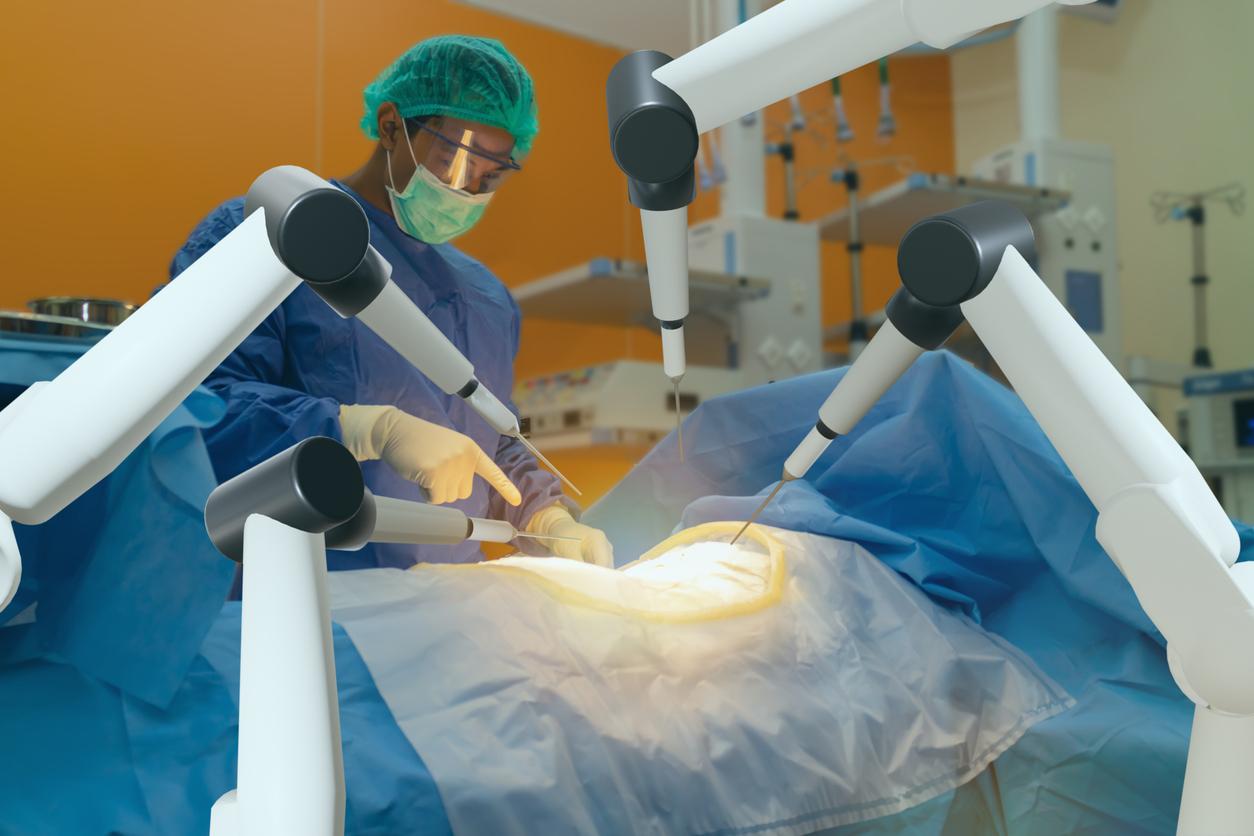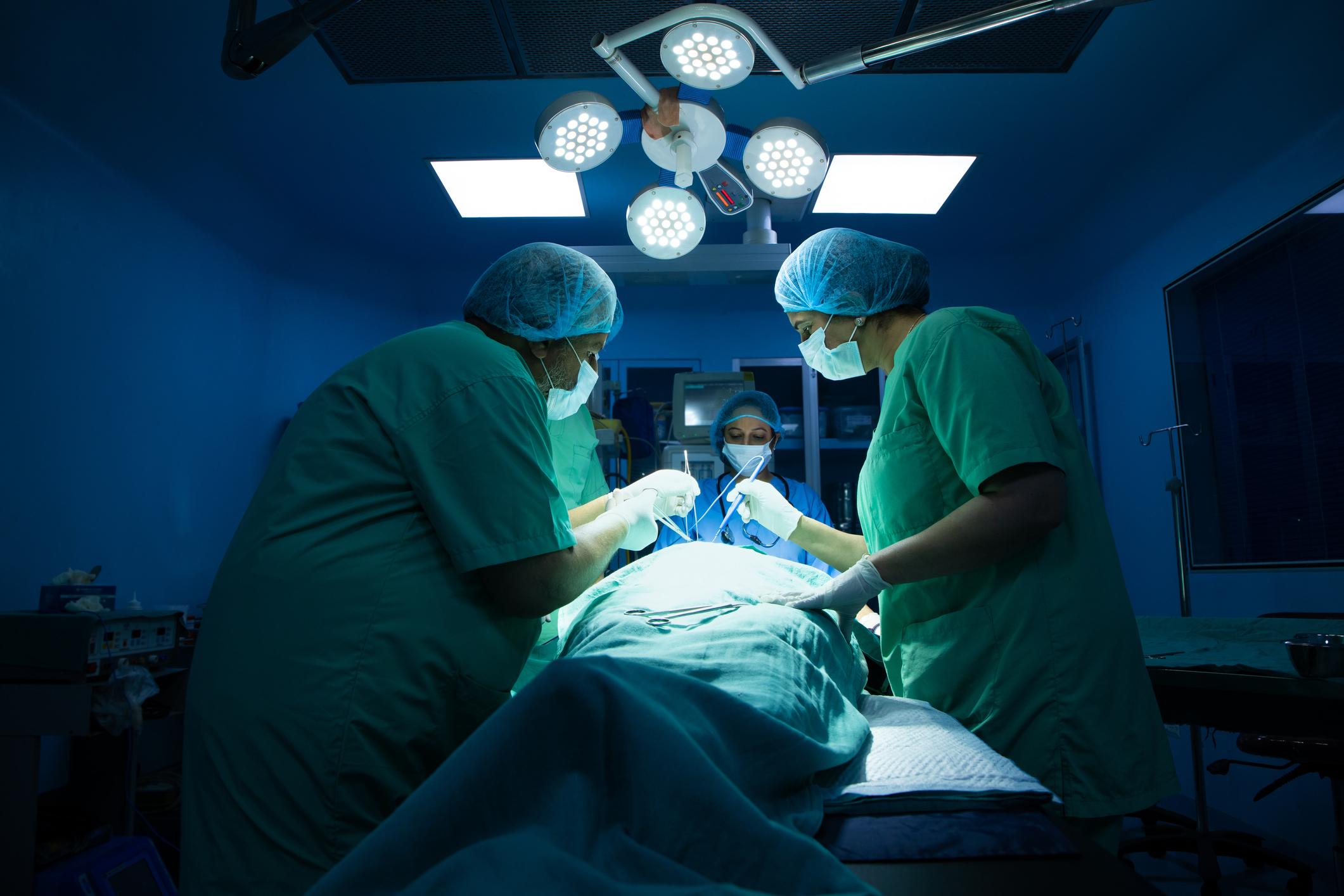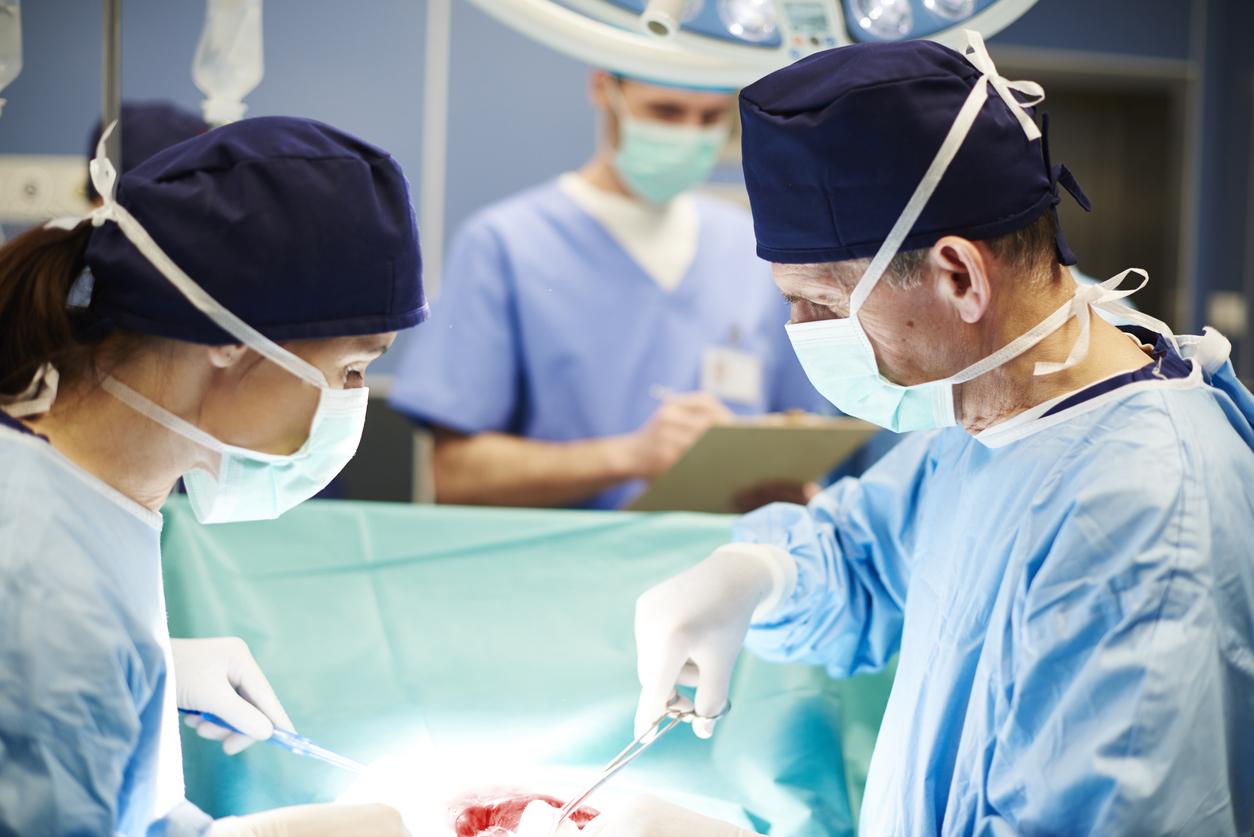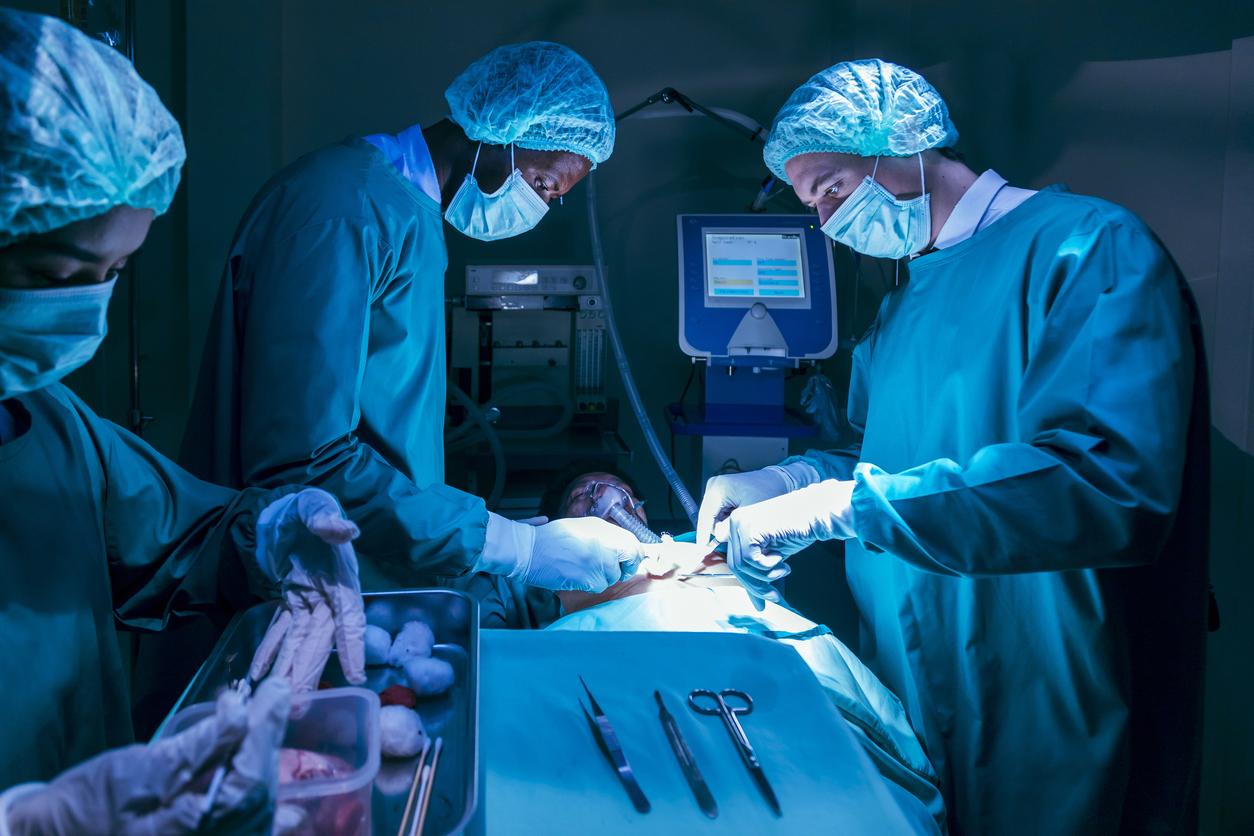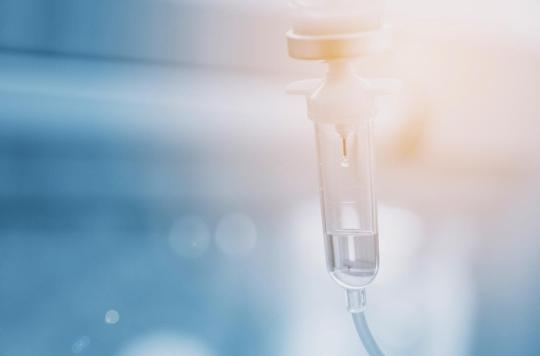
According to a recent American study published in the journal Gastroenterology, faecal transplantation would be effective in the treatment of clostridium difficile, a bacterium resistant to antibiotic therapy.
A potentially dangerous bacteria that is difficult to treat
Clostridium difficile is a bacterium that occurs naturally in the digestive tract. When its host has a balanced intestinal flora, it does not present any danger. On the other hand, taking antibiotics causes an imbalance of the intestinal microbiota (dysbiosis) which is then no longer able to fight against bad bacteria. These then begin to colonize the intestine, causing intestinal disorders. Among them, Clostridium difficile. CD infection includes fever, abdominal pain, and blood in the stool. Symptoms usually disappear spontaneously when the antibiotics that cause them are stopped. Other antibiotics are then given in an attempt to eradicate Clostridium difficile. While most patients recover, others can still come back and the infection becomes chronic. After two recurrences, fecal transplantation is indicated.
Faecal transplantation, effective 9 times out of 10
According to a study conducted by American researchers and published in the journal Gastroenterology, 9 out of 10 patients who were infected with CD were treated within one month of their fecal transplant. To reach this conclusion, the doctors observed 259 patients in 20 hospitals. In other words, a single fecal transplant made it possible to treat the patients and prevent recurrent infections in a lasting way. Side effects such as diarrhea, bloating, constipation and abdominal pain have been reported. There are stool sample banks from anonymous donations.









